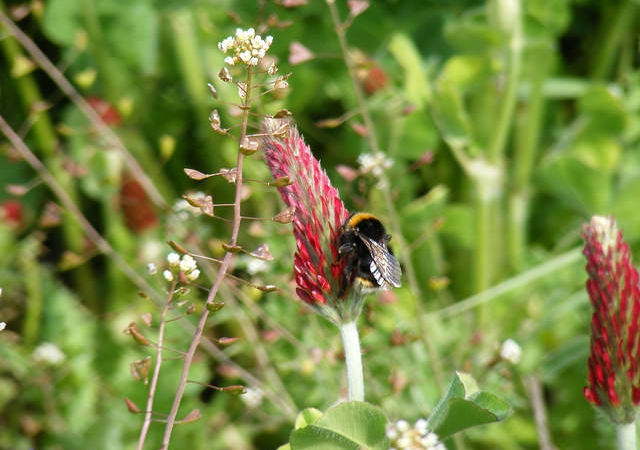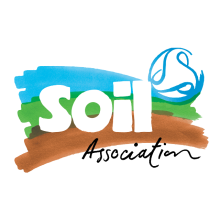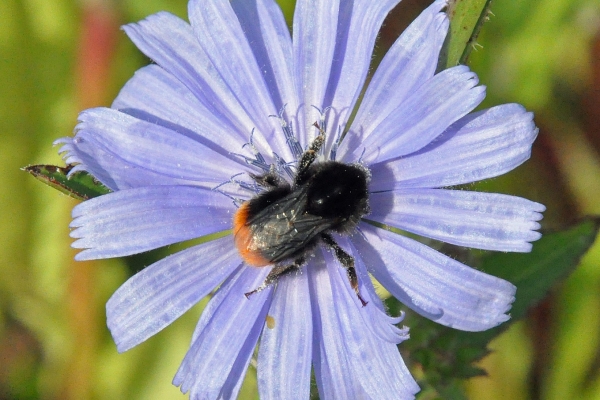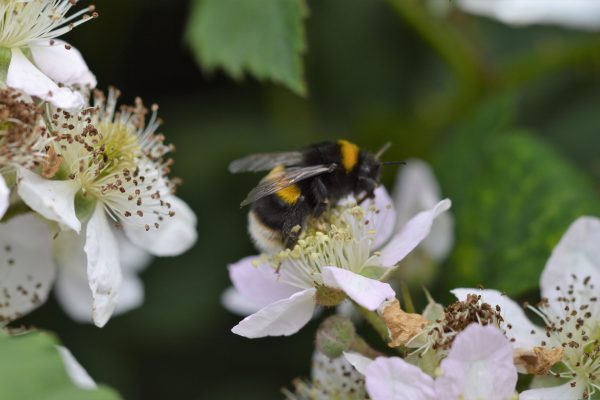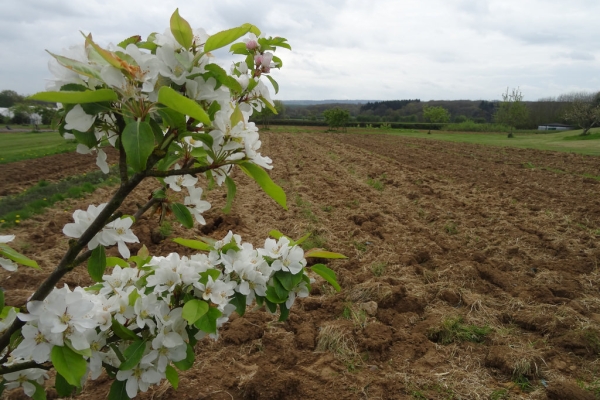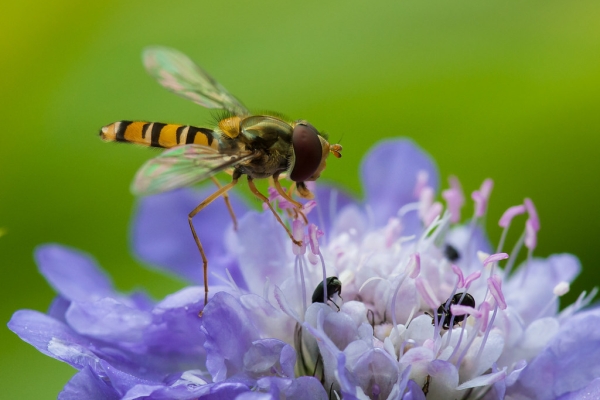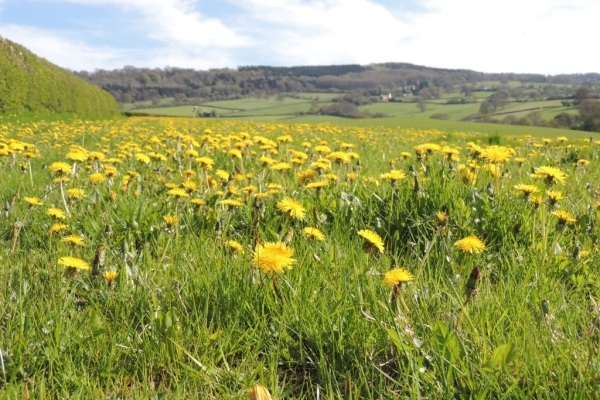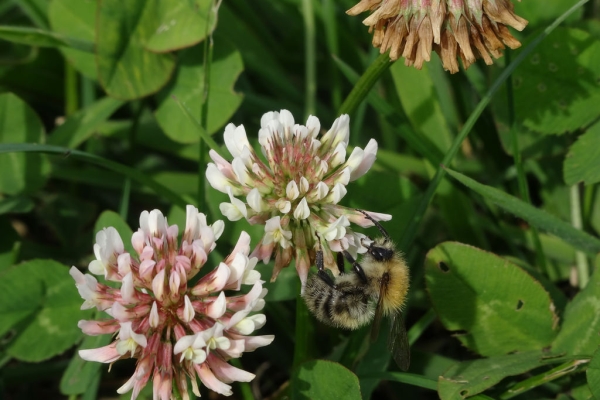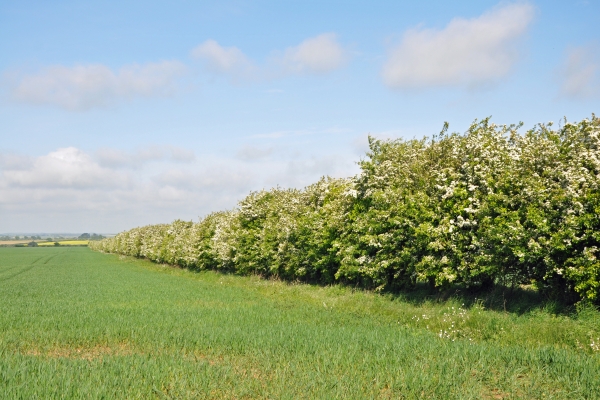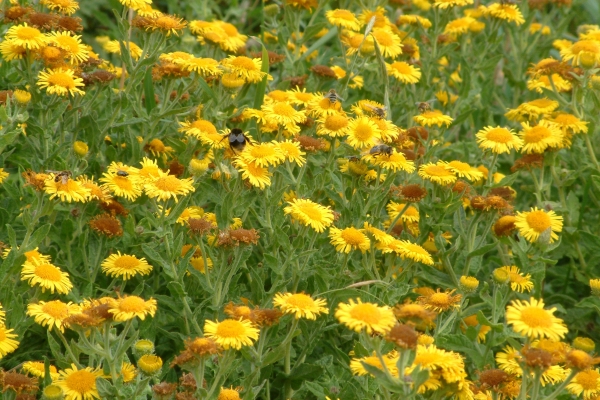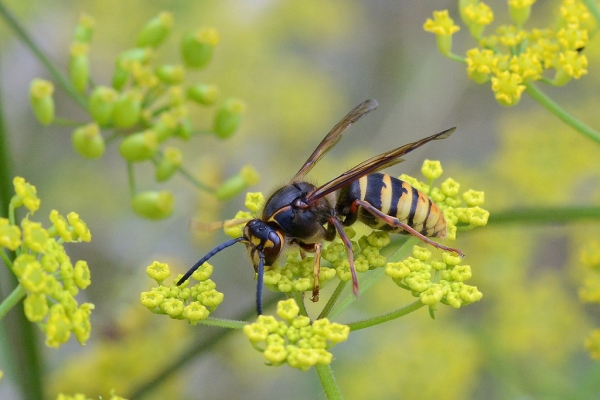Policies for pollinators
The need for government leadership in backing England's bees
Resource explained
This important report is produced by the Bee Coalition; Buglife, Client Earth, Environmental Justice Foundation, Friends of the Earth, Natural Beekeeping Trust, Pesticide Action Network UK, Soil Association and The Wildlife Trusts. It details the need for governmental action to protect pollinators and create stronger incentives for farmers to use bee-friendly farming techniques, which particularly includes a permanent ban on neonicotinoid insecticides. The report presents key reasons to protect our pollinators, outlines the key issues, includes a case study illustrating the reality of pollinator loss, and outlines national and international commitments. There are sections (interspersed with Government recommendations) on the ecology, monitoring and management of pollinators; farm habitats for pollinators; the impact of organic farming on pollinators; pesticides; farming in ways that will encourage pollinators whilst increasing profits; conserving natural habitats and species; planning a green infrastructure for pollinators; the National Pollinator Strategy; and key policy recommendations.
Findings & recommendations
- The report emphasises that the health of our ecosystems is essential for the health of our economy, and suggests that it must be the top priority in Government decision-making.
- Pollinator declines are caused by loss of pollinator habitat and habitat fragmentation, loss of wildflowers and diverse food sources, increased use of harmful chemicals (pesticides and herbicides), changes in beekeeping and the spread of disease.
- The case study featured shows how the combined effects of habitat loss and pesticide use can cause pollinator loss with knock-on effects for the livelihoods of entire regions of people.
- Research shows that sensitive management of crops and retaining semi-natural habitats on farms can enhance pollinator services and the yield, quality and profit of crops.
- Studies of agri-environment schemes have shown that well-chosen land management options can significantly benefit pollinators and other wildlife.
- Agroecological techniques that manage fertility and control pests on organic farms also help support pollinators. The increased diversity of flowers increases the likelihood of flowers being available throughout the year, which in turn helps reduce bee declines.
- The report includes a profile on Peter Lungdren, an arable farmer who believes that beneficial insects can be promoted by using agrochemicals more sustainably.
